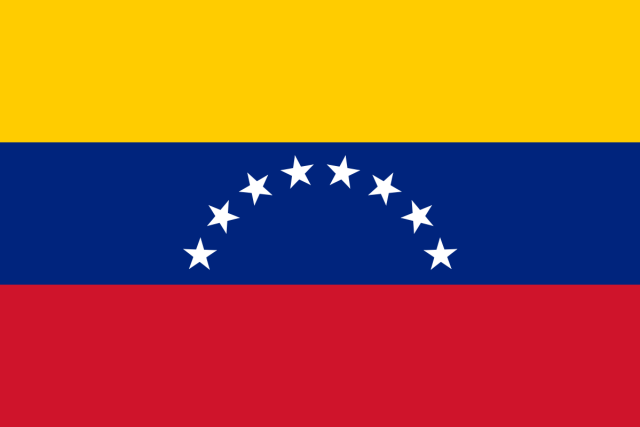
The government of Venezuela and its opposition announced Thursday the resumption over the weekend of long-stalled negotiations meant to find a common path out of their country’s complex crisis.
By SFGate
Nov 24, 2022
The announcement of the upcoming discussions in México City comes two weeks after delegates from both parties participated in a round table discussion, promoted by French President Emmanuel Macron. Norwegian diplomats will again guide the negotiations.
“We announce that the Government of the Bolivarian Republic of Venezuela and the Unitary Platform of Venezuela have decided to resume the dialogue and negotiation process in México on November 26, facilitated by Norway,” the Norwegian Embassy in México tweeted. “There, the parties will sign a partial agreement on social matters.”
The dialogue formally began in September 2021 in México but was suspended the following month when President Nicolás Maduro ordered his delegation to withdraw in protest of the extradition to the United States of a close ally.
The talks planned for this weekend are expected to focus on a humanitarian aid program for the cash-strapped South American country as well as on conditions for a presidential election planned for 2024. Representatives of Maduro and the opposition, including the faction backed by the U.S. and led by Juan Guaidó, will likely also discuss a U.S. extension for oil giant Chevron to operate in Venezuela.
A U.N. report published earlier this year estimated humanitarian needs at $795 million to help about 5.2 million people through health, education, water and sanitation, food and other projects.
Maduro’s chief negotiator, National Assembly President Jorge Rodríguez, in a statement said the government will sign an agreement in México that creates a mechanism to address “vital social needs and public service problems, based on the recovery of legitimate resources, property of the Venezuelan State, which today are blocked in the international financial system.” He highlighted a series of social needs including vaccines, medications, health care equipment and energy infrastructure.
Rodriguez’s statement, however, did not detail the financial resources to which he referred. Under President Donald Trump, the U.S. ramped up economic sanctions against Venezuela and granted Guaidó authority to take control of bank accounts that Maduro’s government has in the Federal Reserve Bank of New York or any other U.S.-insured banks.
Guaidó declared himself Venezuela’s interim president in January 2019, arguing that in his capacity as then-president of the country’s National Assembly the constitution allowed him to form a transitional government because Maduro had been re-elected in a sham vote in late 2018. Dozens of countries, including the U.S., Canada and Colombia, supported Guaidó’s move and began recognizing him as Venezuela’s legitimate leader.
European banks also hold Venezuelan frozen assets.
“We, Venezuelans, have suffered the consequences of the absence of human rights guarantees and institutional mechanisms that provide solutions to our needs,” the opposition said in a statement. “For this reason, this Delegation resorts to the process of dialogue and negotiation with urgency and the desire to find, once and for all, tangible and real agreements that translate into solutions for the humanitarian crisis, respect for human rights, compliance with the Rule of Law and, especially, the construction of conditions and institutions that guarantee – among other things – free and observable elections.”
About 7 million people have left Venezuela amid a complex political and humanitarian crisis. Three-quarters of those who remain in the country live on less than $1.90 a day, an international measure for extreme poverty. Many lack access to clean, running water and electricity.
Maduro’s delegates walked away from negotiations in October 2021 after businessman Alex Saab was extradited on money laundering charges from Cape Verde to the U.S. Maduro conditioned a resumption on the release of Saab. He remains in custody, but his wife, Camila Fabri de Saab, will be part of Maduro’s delegation.
…
Read More: SFGate – Venezuela’s government, opposition to resume negotiations
…

